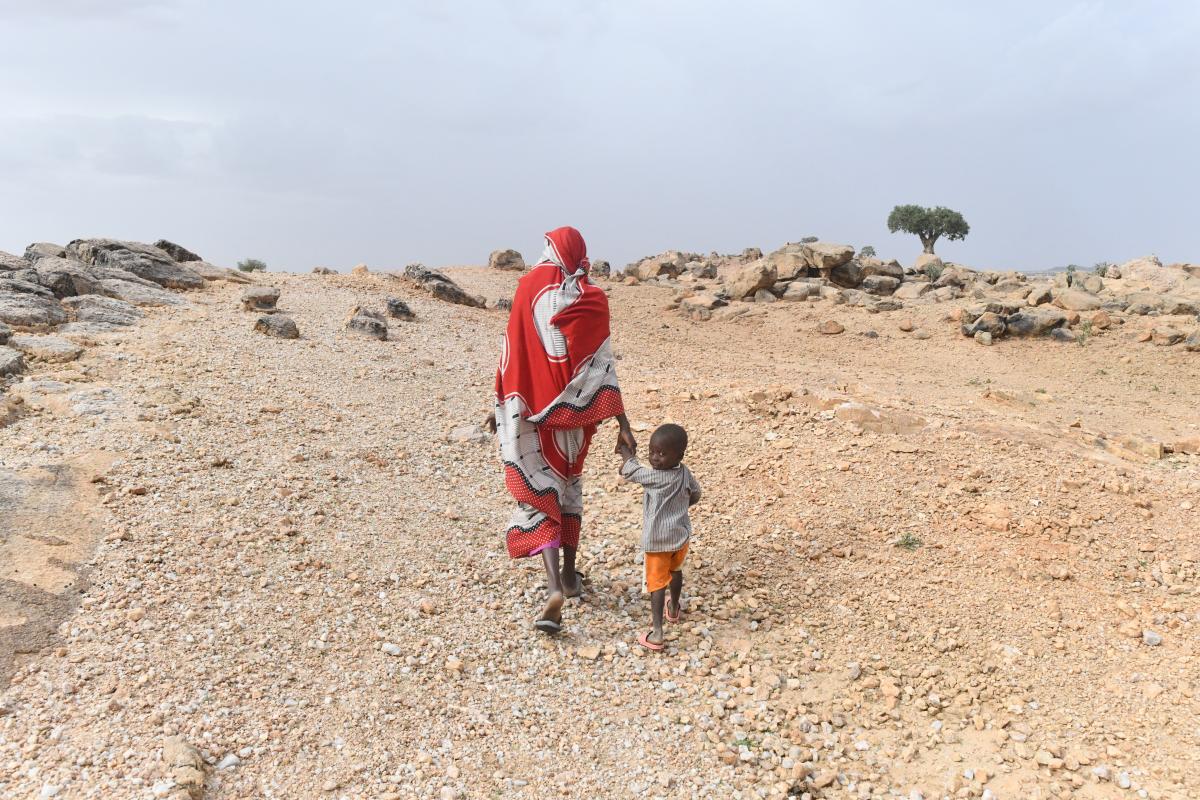Since Saturday 15 April, armed clashes in Sudan have been raging in different parts of the country, killing more than 427 people so far and injuring thousands.
Worrying developments
UNHCR is closely monitoring how the situation on the ground is evolving, with movements of people into Chad and out of Khartoum already having been observed. However, the stakes are twofold in this large East African country. Sudan is currently hosting more than one million refugees, mainly on the border with Ethiopia in the east and on the border with South Sudan in the south. Almost 4 million people are also internally displaced.
The unstable situation in Sudan is challenging the operations of UNHCR and its partners. In a statement, Filippo Grandi, UN High Commissioner for Refugees, echoed UN Secretary-General Antonio Guterres' condemnation of the violence:
Thinking today of the people of Sudan, caught up once again in conflict. The transition to civilian rule would create stability and solutions for millions of displaced in the region - it is crucial that violence ends and the transition resumes as soon as possible.
A host country with a painful past
The current situation has led to further forced displacement, according to the latest reports from the field, with more than 20,000 people having fled to Chad, and an as yet hard-to-estimate number of newly displaced people within the country. This rise in tension also leaves uncertainty about the fate of the more than 1.1 million refugees living in Sudan, as well as the more than 3.7 million IDPs, mostly in the Darfur region.

While most of the refugees in Sudan come from South Sudan, where there has been civil conflict for several years, and from Ethiopia, particularly following clashes in the Tigray border region in 2020, the wounds of the 2003-2020 Darfur war are still fresh: more than 3 million people are still displaced within the country, unable to return home safely.
The conflict that claimed hundreds of thousands of lives has made life difficult for those it spared: IDPs, like refugees living in Sudan, are particularly vulnerable. The spectre of a new conflict weighs heavily on these people who have lost everything, and who now fear losing everything again.
UNHCR and its partners are calling for a political resolution of the conflict and a return to a transition to civilian rule, in order to ensure that the people of Sudan are safe and that the displaced receive the assistance they need throughout the country. UNHCR teams remain on the ground to support the displaced population to the extent that their work is possible.